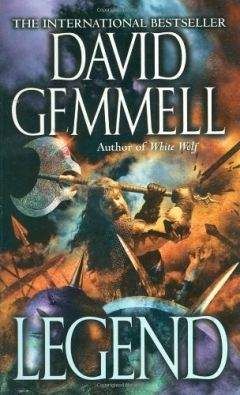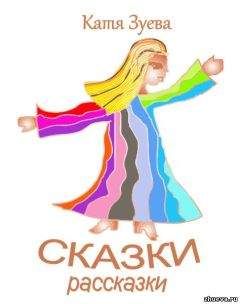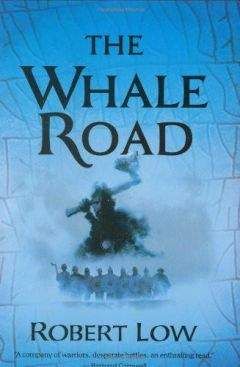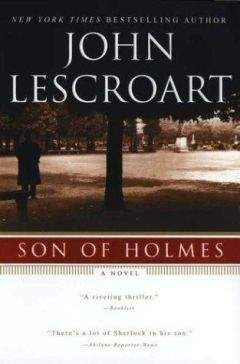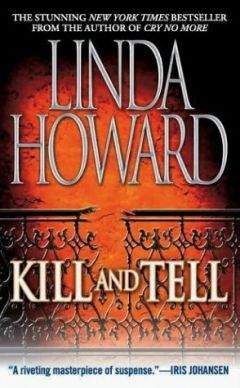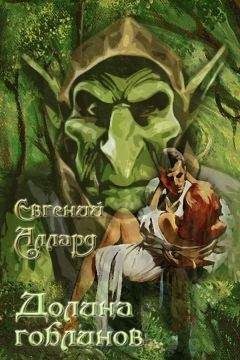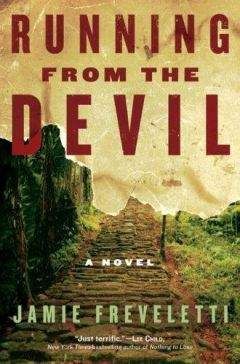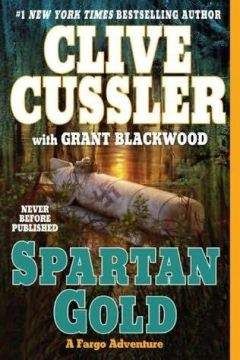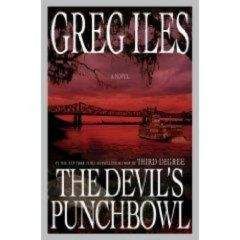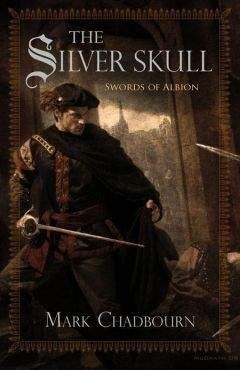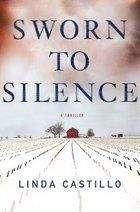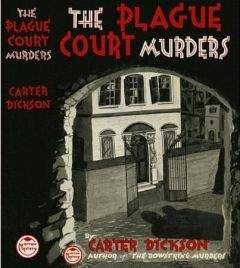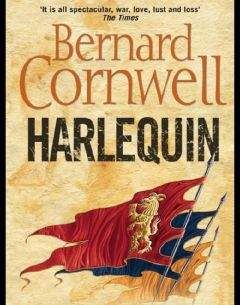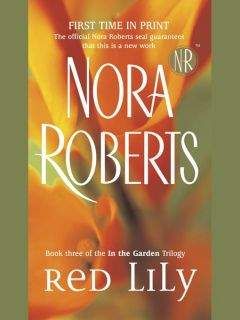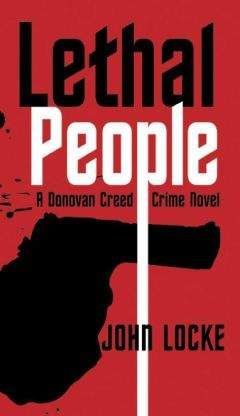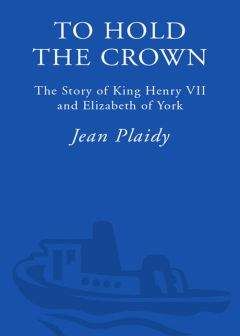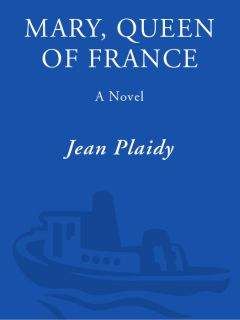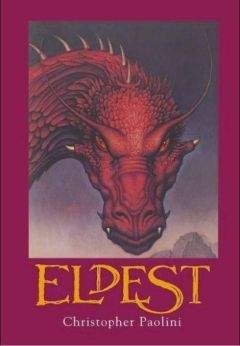Bernard Cornwell - Stonehenge
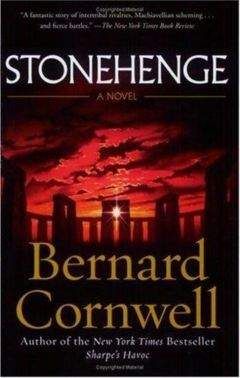
Все авторские права соблюдены. Напишите нам, если Вы не согласны.
Описание книги "Stonehenge"
Описание и краткое содержание "Stonehenge" читать бесплатно онлайн.
The omens became worse. A child drowned in the river, an otter tore apart a dozen fish-traps, a viper was seen in Arryn and Mai's temple, and Hengall's new wife miscarried. Grey bands of rain swept from the west. Gilan returned from Cathallo, spoke with Hengall, then walked north again; the tribe wondered what news the priest had brought and what answer Hengall had returned to Cathallo, but the chief said nothing and the folk of Ratharryn went on with their work. There were pots to be made, flints to be dug, hides to tan, pigs to herd, cattle to milk, water to fetch, buildings to repair, willow fish-traps to be woven and boats to be hacked out of the vast forest trees. A trading party arrived from the southern coast, their oxen laden with shellfish, salt and fine stone axes, and Hengall took his levy from the men before letting them travel north towards Cathallo. Hengall buried one of the axes in Slaol's temple and another in Lahanna's, but the gifts made no difference for the next day wolves came to the high pasture and took a heifer, three sheep and a dozen pigs.
Lengar alone seemed unaffected by the terrible omens. He had suffered the humiliation of yielding the gold to his father, but he retrieved his reputation by his prowess as a hunter. Day after day he and his companions brought back carcasses, tusks and hides. Lengar hung the tusks either side of his doorway as proofs that the gods smiled on him. Hengall, summoning the last shreds of his authority, had sternly ordered Lengar to stay out of the northern woods and thus avoid any confrontation with the spearmen of Cathallo, but one day Lengar came across some Outfolk in the south country and he brought back six enemy heads that he mounted on poles on the embankment's crest. Crows feasted on the grey-tattooed heads and, seeing the trophies on their skyline, more and more of the tribe was convinced that Lengar was favoured by the gods and that Hengall was doomed.
But then the Outfolk messengers came.
They arrived just as Hengall was dispensing justice, a thing that was done with each new moon when the chief, the high priest and the tribe's elders gathered in Arryn and Mai's temple and listened to wrangles about theft, threats, murder, infidelity and broken promises. They could condemn a man to death, though that was rare for they preferred to make a guilty man work for the wronged party. On that morning Hengall was frowning as he listened to a complaint that a field's boundary marker had been moved. The argument was passionate, but was broken off when Jegar, Lengar's friend, announced that Outfolk horsemen were coming from the west.
The Outlanders were blowing a ram's horn to proclaim that they travelled in peace and Hengall ordered Lengar to take a group of warriors to greet the strangers, but to allow them no nearer to Ratharryn than Slaol's temple. Hengall wanted time to consult with the priests and elders, and the priests wanted to don their finery. Food needed to be prepared, for though the Outfolk were regarded as enemies, these visitors came in peace and so would have to be fed.
The younger priests prepared a meeting place on the river bank just outside the settlement. They planted the skull pole in the turf, then splashed water to mark out a circle within which the visitors could sit, and outside that circle they placed ox-skulls, chalk axes and sprigs of holly to constrain whatever malevolence the Outfolk might have brought. The people of Ratharryn gathered excitedly outside the circle, for no one could remember any such thing ever happening before. Outfolk traders were common enough visitors, and there were plenty of Outfolk slaves in the settlement, but never before had Outfolk emissaries arrived and their coming promised to make a story to tell and retell in the long nights.
Hengall was at last ready. The tribe's best warriors were dispatched to escort the strangers to the meeting place while Gilan, who had just returned from his last mission to Cathallo, wove charms to prevent the strangers' magic doing harm. The Outfolk had their own sorcerer, a lame man whose hair was stiffened with red clay; he howled at Gilan and Gilan howled back, and then the lame man put a deer's rib between his naked legs, clamped it there for a heartbeat, then tossed it away to show that he was discarding his powers.
The lame sorcerer lay flat on the ground in the meeting place and thereafter did nothing except stare into the sky, while the other eight strangers squatted in a line to face Hengall and his tribal elders. The Outfolk had brought their own interpreter, a trader whom many of Ratharryn's folk knew and feared. He was called Haragg and he was a giant; a huge, brutal-faced man who travelled with his deaf-mute son who was even taller and more frightening. The son had not come with this embassy, and Haragg, who usually arrived at Ratharryn with fine stone axes and heavy bronze blades, had brought nothing but words, though his companions all carried heavy leather bags that Hengall's people looked at expectantly.
The sun was at its height when the talking began. The strangers first announced that they came from Sarmennyn, a place as far west as a man could walk before he met the wild sea and a country, they said, of hard rock, high hills and thin soil. Sarmennyn, they went on, was far away, very far, which meant they had come a long distance to talk with the great Hengall, chief of Ratharryn, though that flattery went past Hengall with as much effect as dawn mist drifting by a temple post. Despite the day's warmth the chief had draped his black bear pelt across his shoulders and was carrying his great stone mace.
The leader of the strangers, a tall, gaunt man with a scarred face and one blind eye, explained that one of their own people, a young and foolish man, had stolen some paltry treasures belonging to the tribe. The thief had fled. Now the strangers had heard that he had come to Hengall's land and there died, which was no more than he deserved. Small as the treasures were, the strangers still sought their return and were willing to pay well for them.
Hengall listened to Haragg's long translation, then objected that he had been sleeping and did not understand why the Outlanders had woken him if all they wanted was to exchange a few trifles. Still, he conceded, since the strangers had disturbed his sleep, and since they were being respectful, he was willing to waste a little time in seeing what offerings they had brought. Hengall did not trust Haragg to interpret for him, so instead his speech was translated by Valan, a slave who had been captured from the Out-folk many years before. Valan had served Hengall a long time and was now the chief's friend rather than his slave and was even allowed to keep his own hut, cattle and wife.
The one-eyed man apologized for waking the great Hengall and said he would have happily conducted the transaction with one of Hengall's servants, but since the chief had been gracious enough to listen to their plea, would he also be kind enough to confirm that the missing treasures were indeed in his keeping?
'We normally throw trifles away,' Hengall said, 'but perhaps we kept them.' He gestured to the embankment where a group of small children, bored with the talk, were tumbling among the woad plants growing just beneath the Outlanders' heads that Lengar had brought back from the forest. Those heads had not come from the Outfolk of Sarmennyn, but from other Outfolk tribes who lived closer to Ratharryn, but their presence was still unsettling to the visitors. 'Children like bright things,' Hengall said, nodding towards the impaled heads, 'so maybe we kept your treasures to amuse the young ones? But you say you have brought other things to exchange for them?'
The strangers laid their gifts on the turf. There were some fine otter hides and seal skins, a basket of sea-shells, three bronze bars, a rod of copper, some curious sharp teeth that they claimed came from ocean monsters, a portion of shiny turtle shell and, best of all, some lumps of amber that were scarce as gold. Hengall must have noted that the bags were still half full for he stretched his arms, yawned again, tugged at the tangles in his beard and finally said that so long as he was awake he might go and talk to the goddess Mai about the prospect of catching some fish from her river. 'We saw some large pike there yesterday, did we not?' he called to Galeth.
'Very large pike.'
'I like eating pike,' Hengall said.
The strangers hastily added more bronze ingots and the people of Ratharryn murmured astonishment at the value of the gifts. And still the offerings came; some finely carved bone needles, a dozen bone combs, a tangle of fish-hooks, three bronze knives of great delicacy, and finally a stone axe with a beautifully polished head that had a blueish tinge and glittered with tiny shining flecks. Hengall lusted after that axe, but he forced himself to sound unimpressed as he wondered why the Outfolk had bothered to carry such miserable offerings so far from their own country.
The leader of the strangers added one final treasure: a bar of gold. The bar was the size of a spearhead and heavy enough to need two hands to carry it, and the watching crowd gasped. By itself that shining lump contained more gold than was in all the lozenges. The Outfolk were well known to be grudging with their gold, yet now they were offering a great piece of it, and that was a mistake for it contradicted their assertion that the missing treasures were mere trifles. Hengall, still pretending to be indifferent, pressed the strangers until, reluctantly, they confessed that the missing treasures were not trivial at all, but sacred objects that arrayed the sun's bride each year. The treasures, the grim-faced Haragg admitted, had been gifts from their sea god to Erek himself and the people of Sarmennyn feared that their loss would bring ill fortune. The strangers were pleading now. They wanted their treasures back, and they would pay for them dearly because they were terrified of Erek's displeasure.
'Erek is their name for Slaol,' Valan told Hengall.
Hengall, pleased to have forced the admission from the strangers, stood. 'We shall think on this matter,' he announced.
Food was fetched from the settlement. There was cold pork, flat bread, smoked fish, and bowls of chickweed and sorrel. The strangers ate warily, fearful of being poisoned, but afraid to give offence by rejecting the food. Only their priest did not eat, but just lay staring into the sky. Gilan and Ratharryn's priests huddled together, whispering fiercely, while Lengar and his friends formed another small group at the circle's far side. Folk came to inspect the offered gifts, though none crossed the charm-ringed circle to touch them for the gifts had still not been cleansed of Outfolk sorcery by Ratharryn's priests. Hengall talked with the elders and sometimes asked questions of the priests, though it was mainly with Gilan that he talked. The priest had now made two visits to Cathallo and he spoke urgently with Hengall who listened, nodded and finally seemed convinced by whatever Gilan urged on him.
The sun was sliding down to its western home when Hengall resumed his place, but custom demanded that any man in the tribe could have his opinion heard before Hen-gall pronounced a decision. A few men did stand and most advised accepting the Outfolk's payment. 'The gold is not ours,' Galeth said, 'but was stolen from a god. How can it bring us good luck? Let the strangers have their treasures.' Voices murmured in support, then Lengar beat the ground with his spear staff and the murmurs died as Hengall's son stood to address the crowd.
'Galeth is right!' Lengar said, causing surprise among those who thought that the two men could never agree. 'The Outfolk should have their treasures back. But we should demand a higher price than these scourings from their huts.' He gestured at the goods piled in front of the strangers. 'If the Outfolk want their treasures returned, then let them come from their far country with all their spears and all their bows and offer themselves to our service for a year.'
Haragg, the Outfolk interpreter, whispered to his companions, who looked worried, but Hengall shook his head. 'And how are we to feed this horde of armed Outfolk?' he asked his son.
'They will feed from the crops and cattle that they capture with their weapons.'
'And what crops and cattle are they?' Hengall asked.
'Those that grow and graze to the north of us,' Lengar answered defiantly, and many in the tribe voiced their agreement. The tribe of Sarmennyn was famous for its warriors. They were lean, hungry men from a bare land and they took with their spears what their country could not provide. Such feared warriors would surely make brief work of Cathallo and more of Hengall's folk raised their voices in Lengar's support.
Hengall raised his vast club for silence. 'The army of Sarmennyn,' he said, 'has never reached this far into the heartland. Yet now you would invite them? And if they do come with their spears and their bows and their axes, how do we rid ourselves of them? What is to stop them turning on us?'
'We shall outnumber them!' Lengar declared confidently.
Hengall looked scornful. 'You know how many spears they muster?' he demanded, pointing to the strangers.
'I know that with their help we can destroy our enemies,' Lengar retorted.
Hengall stood, a sign that Lengar's time of talking was over. Lengar stayed on his feet for a few heartbeats, then reluctantly squatted. Hengall spoke in a loud voice that reached the outermost part of the crowd. 'Cathallo is not our enemy! Cathallo is powerful, yes, but so are we! The two of us are like dogs. We can fight and maim each other, but the wounds we would inflict would be so deep that neither of us might live. But if we hunt together we shall feed well.' The tribe stared at him in silent surprise. They had expected a decision about the gold lozenges and instead the chief was talking of the problem of Cathallo.
'Together!' Hengall shouted. 'Together, Cathallo and Ratharryn will be as strong as any land in this earth. So we shall bind ourselves in a marriage of tribes.' That news caused a loud gasp from the crowd. 'On midsummer's eve we shall go to Cathallo and dance with their people.' The crowd thought about that, then a slow-growing murmur of agreement spread among them. Only a moment before they had been eagerly supporting Lengar's idea of conquering Cathallo, now they were seduced by Hengall's vision of peace. 'Gilan has talked with their chief and he has agreed that we shall not be one tribe,' Hengall declared, 'but two tribes united like a man and a woman in marriage.'
'And which tribe is the man?' Lengar dared to shout.
Hengall ignored him. There will be no war,' he said flatly, then he looked down at the strangers. 'And there will be no exchange,' he went on. 'Your god was given the treasures, but you lost them, and they were brought to us. They came to our Old Temple, which tells me they are meant to stay here. If we give back the gold, we insult the gods who sent the treasures to our keeping. Their coming is a sign that the temple must be restored, and so it shall be! It will be rebuilt!' Gilan, who had been urging that course, looked pleased.
The one-eyed man protested, threatening to bring war to Ratharryn.
'War?' Hengall brandished his great club. 'War!' he shouted. 'I will give you war if you come to Ratharryn. I will piss on your souls, enslave your children, make playthings of your women and grind your bones to powder. That is war as we know it!' He spat towards the strangers. 'Take your belongings and go,' he ordered.
Подписывайтесь на наши страницы в социальных сетях.
Будьте в курсе последних книжных новинок, комментируйте, обсуждайте. Мы ждём Вас!
Похожие книги на "Stonehenge"
Книги похожие на "Stonehenge" читать онлайн или скачать бесплатно полные версии.
Мы рекомендуем Вам зарегистрироваться либо войти на сайт под своим именем.
Отзывы о "Bernard Cornwell - Stonehenge"
Отзывы читателей о книге "Stonehenge", комментарии и мнения людей о произведении.






